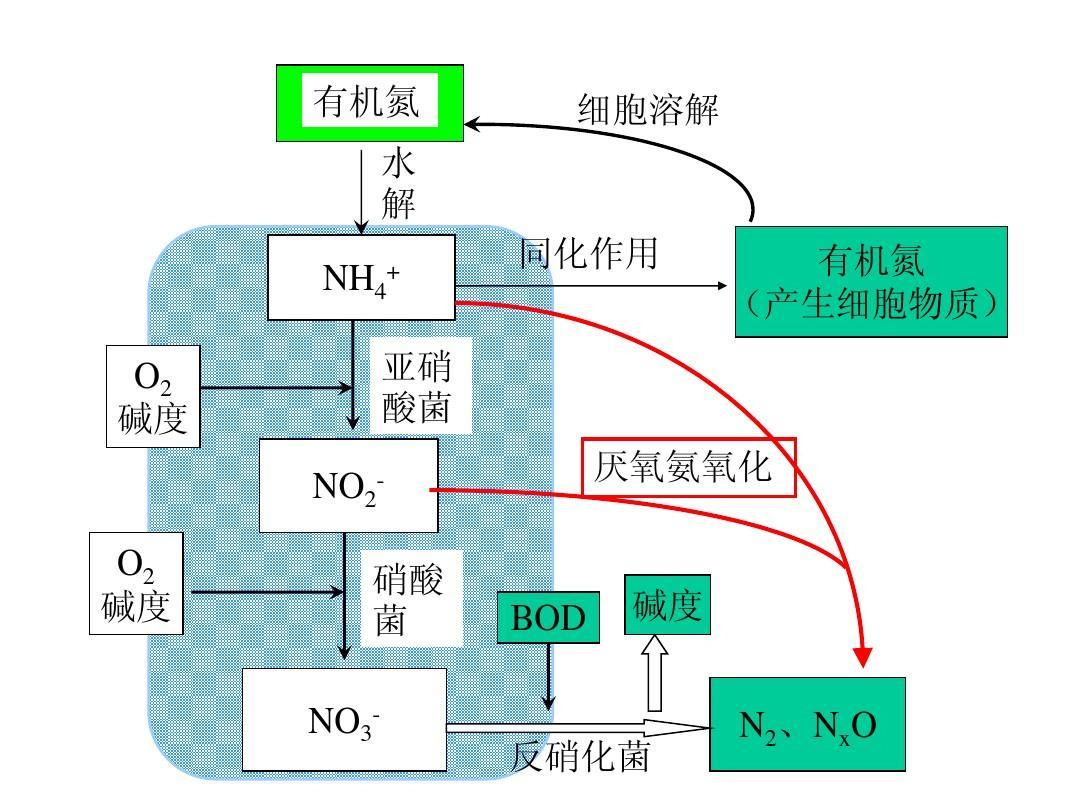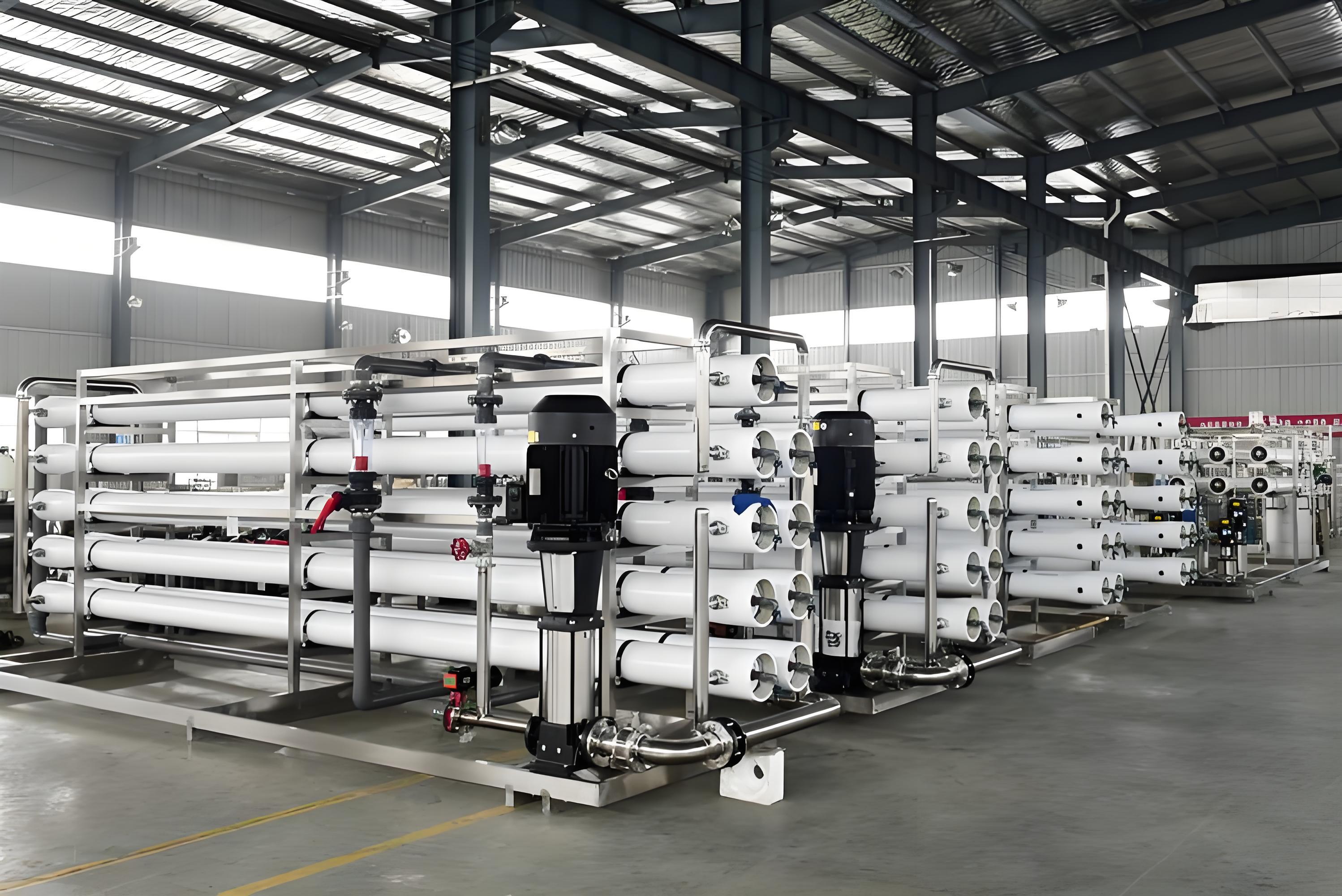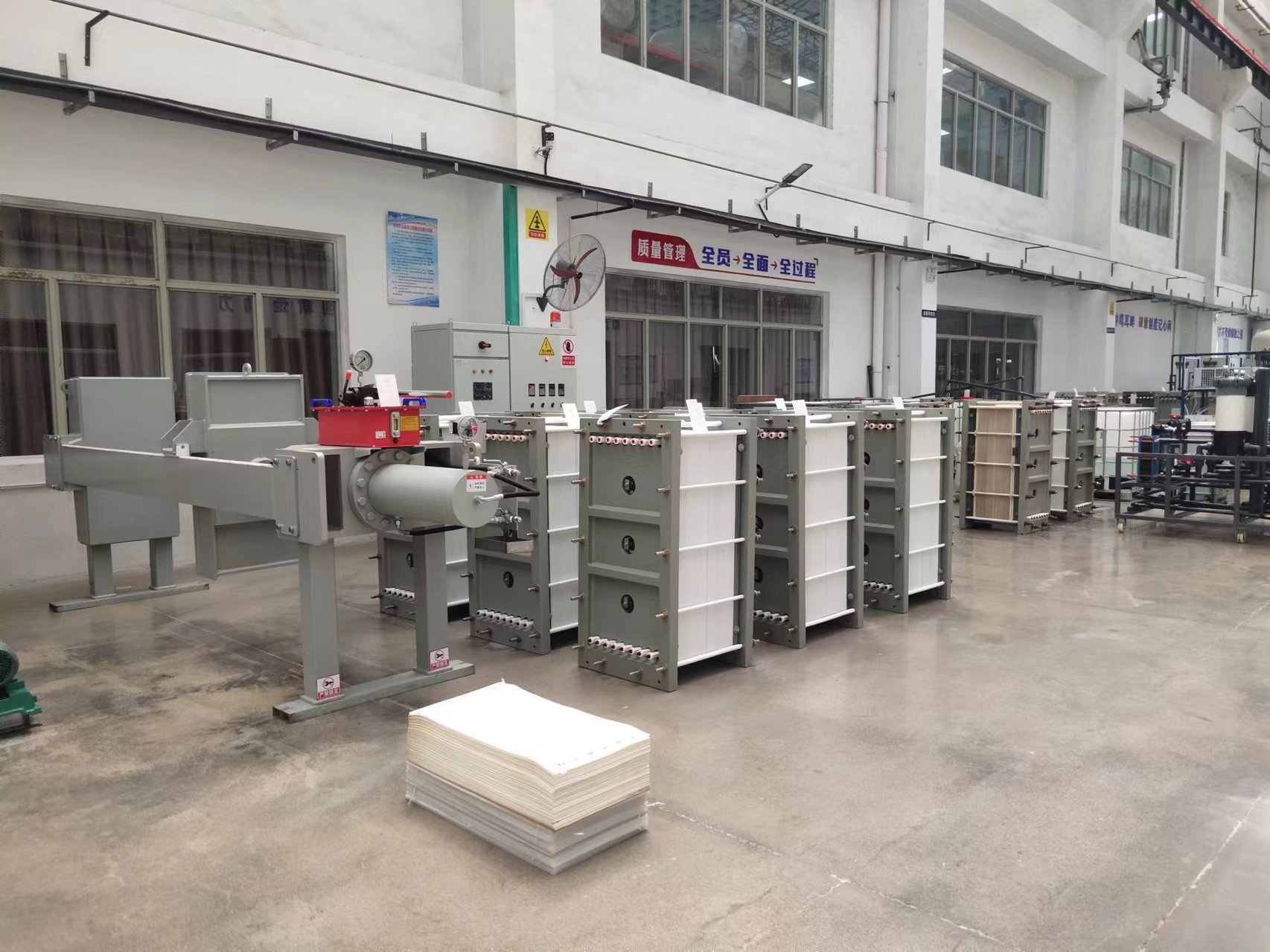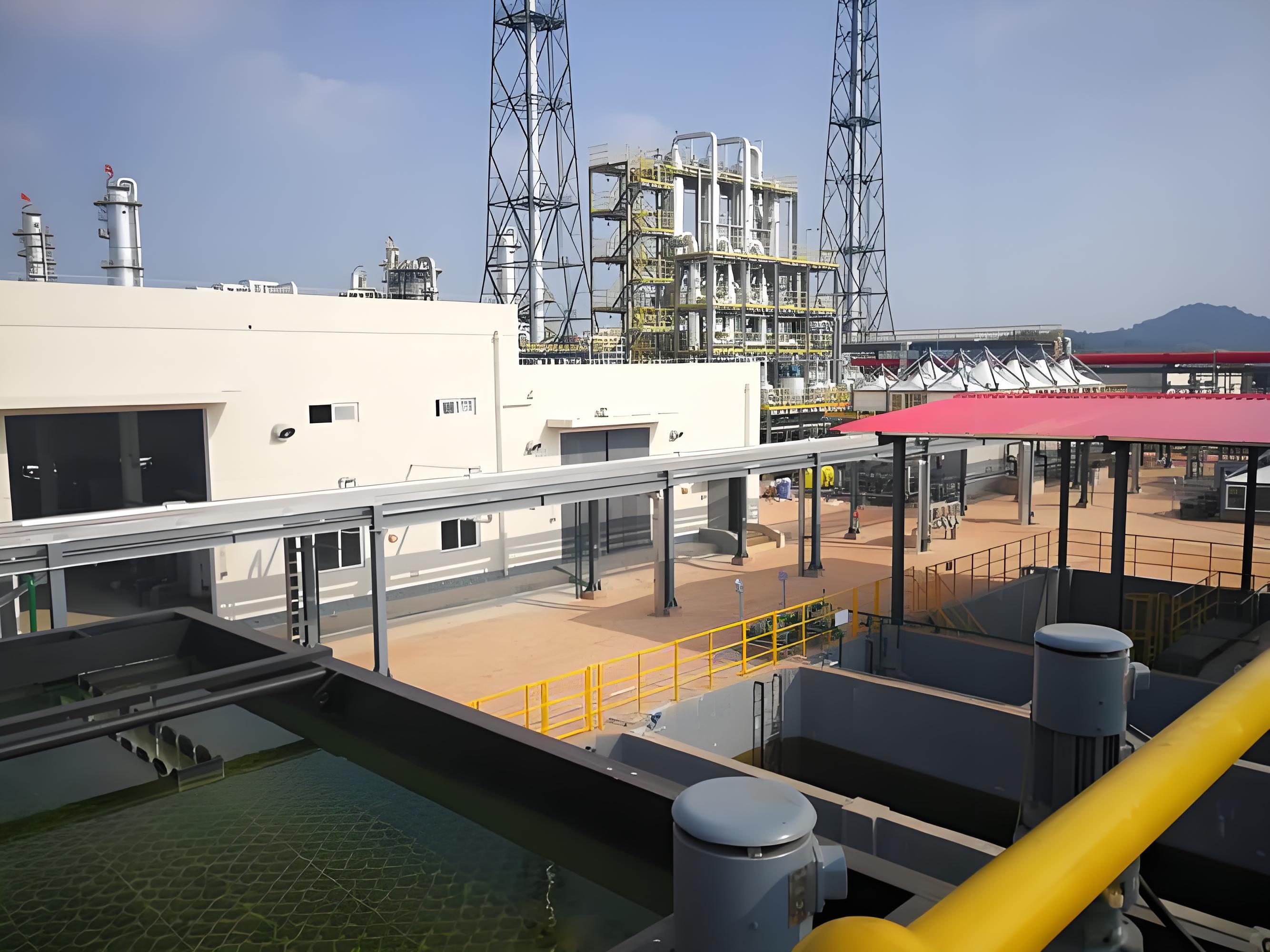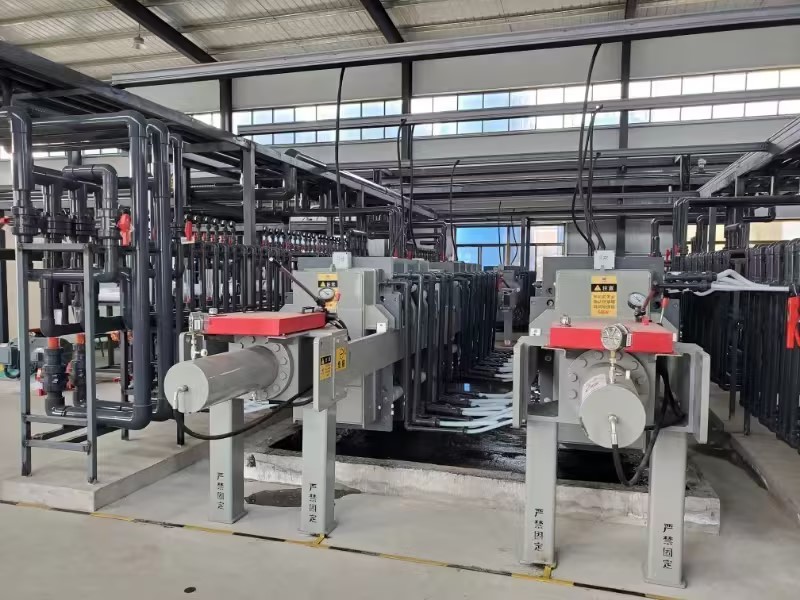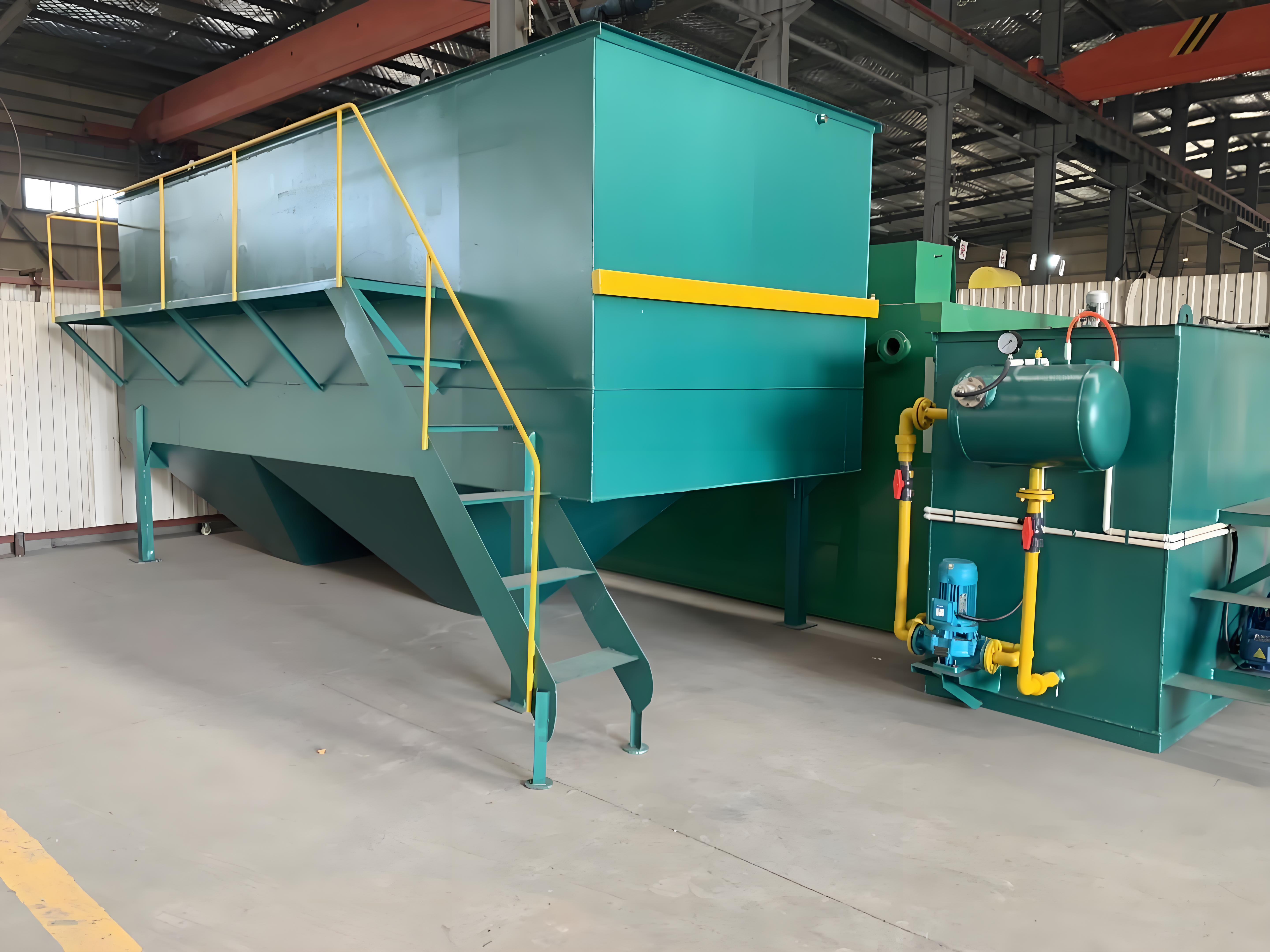Biological nitrogen removal process of low temperature wastewater
2024-05-28
The optimum growth temperature of ammonia-oxidizing bacteria (AOB) and nitrite oxidizing bacteria (NOB) was 25~30℃. Temperature not only affects the growth of nitrobacteria, but also affects the activity of nitrobacteria.
查看(kàn)詳情Prevention and treatment of calcium carbonate scaling in reverse osmosis operation
2024-05-22
In the daily operation of reverse osmosis, a common failure factor is calcium carbonate scaling. The judgment, prevention, judgment and treatment of calcium carbonate scaling can be handled in the following ways: Index LSI and S&DSI Index for judging calcium carbonate scaling tendency For brackish water with TDS≤10,000mg/L
查看(kàn)詳情Treatment of pyrazolone production wastewater - bipolar membrane electrodialysis process
2024-05-20
Ammonium sulfate in pyrazolone wastewater can be separated into sulfuric acid and ammonia water by bipolar membrane electrodialysis process, which can be used for production or export. After ammonium sulfate separation, the main pollutant components in wastewater are pyrazolone (with low salt content), eliminating the investment in evaporation equipment and realizing an efficient and energy-saving wastewater treatment process.
查看(kàn)詳情How much salt does sewage contain that can enter the biochemical system?
2024-05-17
According to the Water Quality Standard for Sewage Discharged into Urban Sewers (CJ-343-2010), when entering the sewage treatment plant for secondary treatment, the water quality of the sewage discharged into the urban sewers should meet the provisions of Class B (Table 1), including 600mg/L chloride and 6000 mg/L sulfate.
查看(kàn)詳情Treatment technology of wastewater with zero discharge
2024-05-15
The concept of "zero discharge" refers to the high degree of purification of industrial wastewater after a series of treatment processes, so that the final discharge of wastewater is reduced to a very low level (usually more than 99%), and even no waste liquid is discharged to the external environment. In this process, the salts and pollutants in the wastewater are efficiently recovered or converted into solid form, and then disposed by landfill or resource utilization, so as to realize the recycling of wastewater and minimize the discharge of pollutants.
查看(kàn)詳情Commonly used high-density sedimentation tank technology detailed
2024-05-13
With the continuous improvement of water treatment requirements, the traditional flocculation precipitation technology has also experienced continuous innovation and development
查看(kàn)詳情Huanke Environmental Protection Technology
HOTLINE:
Address:Gongye 1st Street, Weicheng District, Weifang City, Shandong Province China
Contact:Zhang Gong
Phone:+86-18865361829
Email:sdhuanke@163.com


Consult
Copyright © 2023 Shandong Huanke Environmental Protection Technology Co., Ltd


